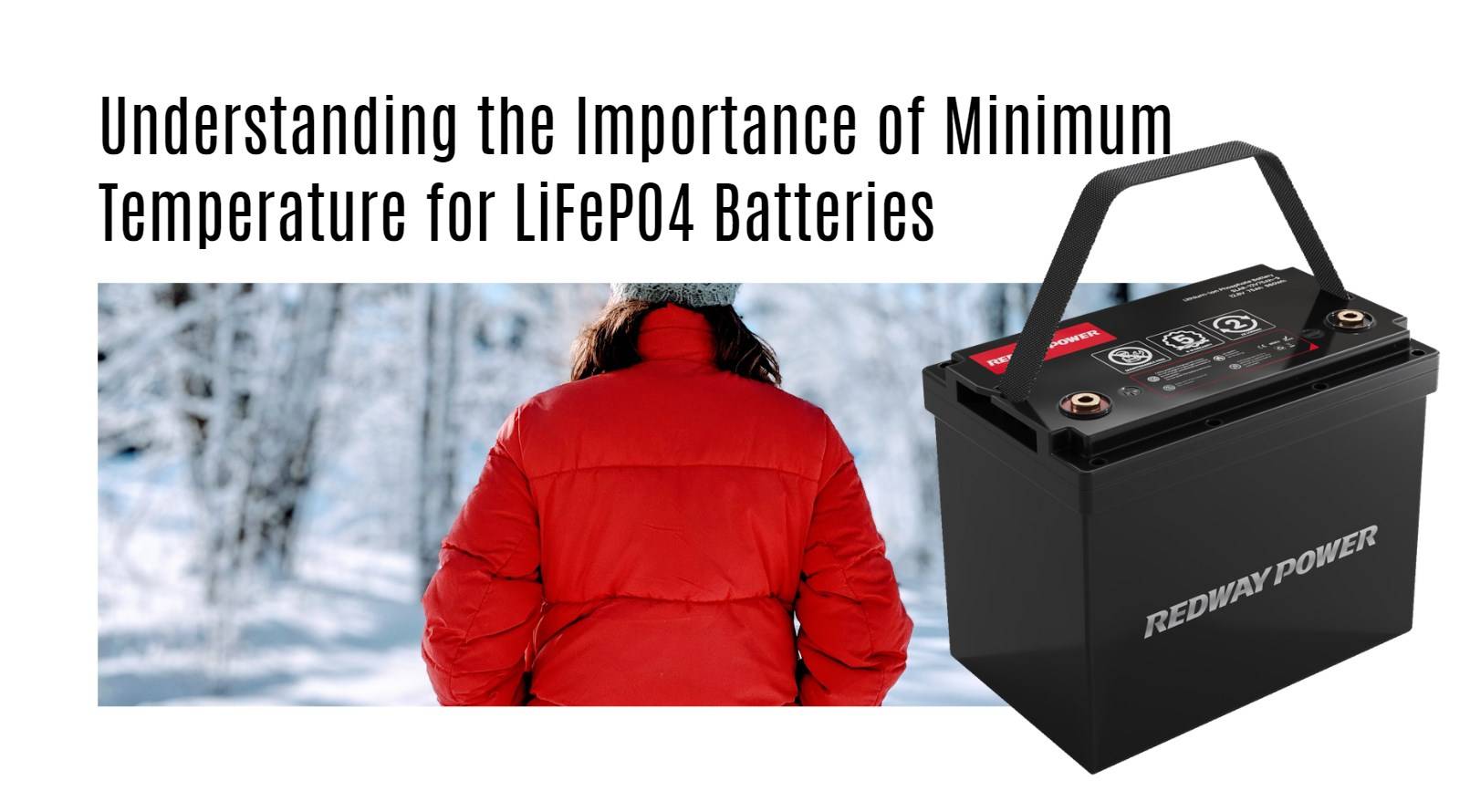Lithium Iron Phosphate (LiFePO4) batteries are increasingly popular due to their superior performance, safety, and longevity compared to traditional lead-acid batteries. One of the critical considerations for users is how these batteries perform in cold temperatures. This article explores the impact of cold temperatures on LiFePO4 batteries, providing comprehensive insights into their capacity, voltage retention, and crucial charging guidelines.
Cold Temperature Effects on LiFePO4 Batteries
Capacity and Voltage Retention
LiFePO4 batteries maintain a higher capacity and better voltage retention in cold temperatures compared to lead-acid batteries. This characteristic makes them more reliable for applications in cold environments. However, as with all batteries, cold temperatures can still lead to reduced performance.
- Capacity: The capacity of LiFePO4 batteries diminishes at lower temperatures, but they retain significantly more capacity than lead-acid batteries in similar conditions.
- Voltage Retention: These batteries exhibit superior voltage retention, ensuring that devices powered by them continue to operate efficiently even in cold climates.
Charging Guidelines in Cold Conditions
Charging LiFePO4 batteries in cold temperatures requires careful attention to prevent irreversible damage. The following guidelines should be followed to ensure safe and efficient charging:
- Above 0°C (32°F): Standard charging procedures can be followed without significant risk.
- Between 0°C (32°F) and -10°C (14°F): The charge current must be reduced to 0.1C. This adjustment helps in maintaining the integrity of the battery and ensures effective charging without causing damage.
- Below -10°C (14°F): The charge current must be further reduced to 0.05C. This significant reduction is crucial to prevent damage and maintain battery health.
Failure to adhere to these guidelines can result in irreversible damage to the battery cells, compromising their performance and lifespan.
RELiON’s LT Series: Optimized for Cold Charging
RELiON has developed the LT (Low Temperature) Series of LiFePO4 batteries, which are specifically designed to handle charging in cold conditions. The innovative design of these batteries utilizes the charge current to heat the battery internally before charging begins. This pre-heating mechanism allows users to start charging below 0°C (32°F) safely, without the risk of damaging the battery.
Advantages of the LT Series
- Automatic Heating: The built-in heating system activates when the ambient temperature drops below 0°C (32°F), ensuring the battery reaches a safe temperature before charging starts.
- Enhanced Safety: By preventing direct charging in freezing conditions, the LT Series batteries mitigate the risk of cell damage and extend the overall lifespan of the battery.
- User Convenience: Users can charge their batteries in colder climates without additional equipment or manual intervention, simplifying the charging process.
Practical Tips for Using LiFePO4 Batteries in Cold Environments
To maximize the performance and longevity of LiFePO4 batteries in cold conditions, consider the following practical tips:
- Insulate the Battery: Use thermal insulation to keep the battery warmer and reduce the impact of cold temperatures.
- Pre-Heating: If possible, pre-heat the battery before use or charging. This can be done using battery warmers or by placing the battery in a warmer environment temporarily.
- Monitor Battery Temperature: Use a battery management system (BMS) that includes temperature monitoring to ensure the battery is within safe operating limits.
- Reduce Power Draw: In extremely cold conditions, reduce the power draw from the battery to minimize the stress on the cells.
- Regular Maintenance: Perform regular maintenance checks to ensure the battery and its components are in good working condition.
Conclusion
LiFePO4 batteries are a robust and reliable choice for cold environments, offering superior performance compared to lead-acid batteries. By following the appropriate charging guidelines and leveraging advanced battery technologies like RELiON’s LT Series, users can ensure their batteries operate efficiently and safely even in freezing conditions. Proper care and maintenance further enhance the longevity and reliability of these batteries, making them an excellent investment for a wide range of applications.




